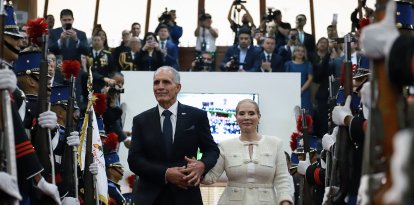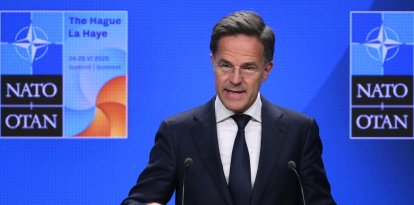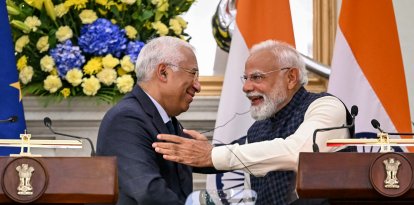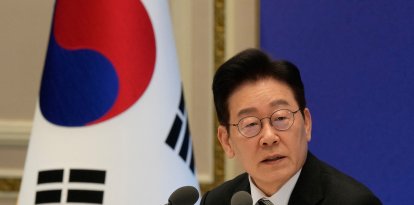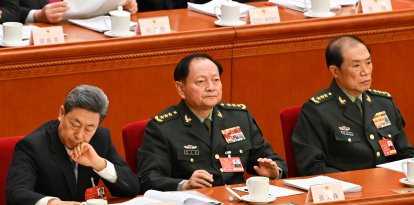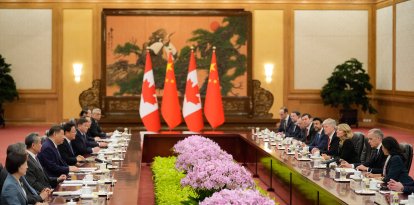Report: the inconsistency of Biden's foreign policy
A study by the Foundation for Defense of Democracies revealed lapses in relations with China, North Korea and Iran.

Joe Biden / Cordon Press
After two years of the Biden Administration, a report by the Foundation for Defense of Democracies (FDD) pointed out a series of shortcomings in terms of his foreign policy: Asia in general, received the main negative assessment, mostly highlighting the lack of determination when competing with China,
China's growth, and the threat it poses to the United States in terms of global leadership, has become the biggest concern for the White House, no matter who occupies the presidential chair. Thus, reviewing Joe Biden's actions in this regard, the FDD scholars acknowledged a "confused" strategy in addressing competition with Beijing:
Against this backdrop, the report asserts that the policy of "compete and coexist" would have to mutate into one of "compete to win." "The U.S. should exploit China's systemic vulnerabilities, including its dependence on Western capital to drive its development," the paper adds.
The scholars also criticize Biden's "repeated contradictions" on Taiwan, the most sensitive and dangerous aspect of relations with China. Despite the Democratic president's statements about his willingness to defend Taipei, the report stresses that China's military maneuvers around the island in question have only increased:
North Korea and Iran
On the other hand, the FDD assessed relations with North Korea and several Middle Eastern countries. The academics who took part in the research offered negative conclusions, mainly because of the results in Iran.
In April 2021, the Biden Administration announced that it would seek a new approach toward Pyongyang. However, Kim Jong Un rejected all negotiating offers and continued to fire ballistic missiles at an unprecedented rate. "North Korea conducted more than 60 missile tests in 2022, more than in any previous calendar year, including eight intercontinental ballistic missile tests," the research reveals.
Regarding Iran, it highlights the lack of capacity to stop its nuclear program, which has allowed Tehran to accelerate its uranium enrichment "while obstructing the work of nuclear inspectors":
In total, the research covers 17 areas, including Latin America and the Indo-Pacific. Of this final number, the report notes positive trends in only four areas: defense, Europe, Russia and cybernetics; special attention should be paid here to military support for Ukraine to counter Russian attacks.













